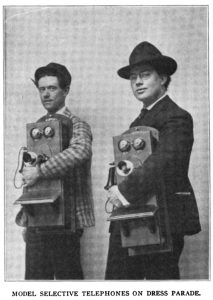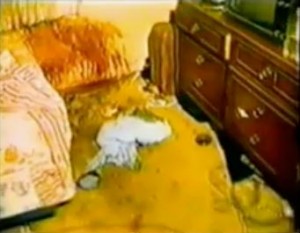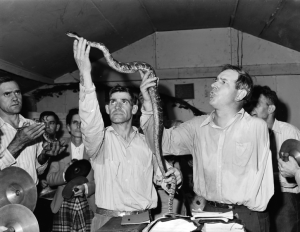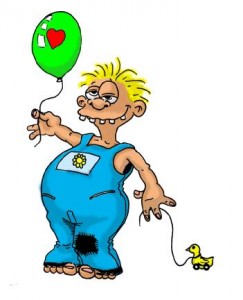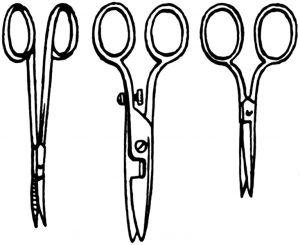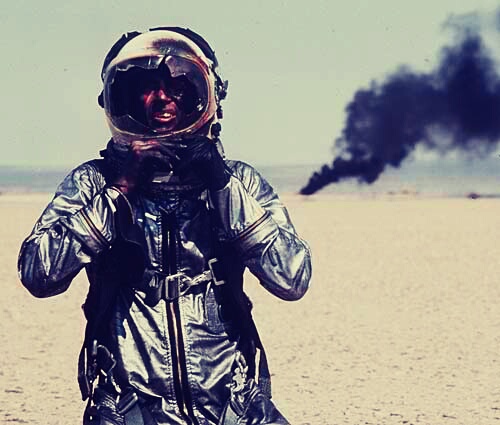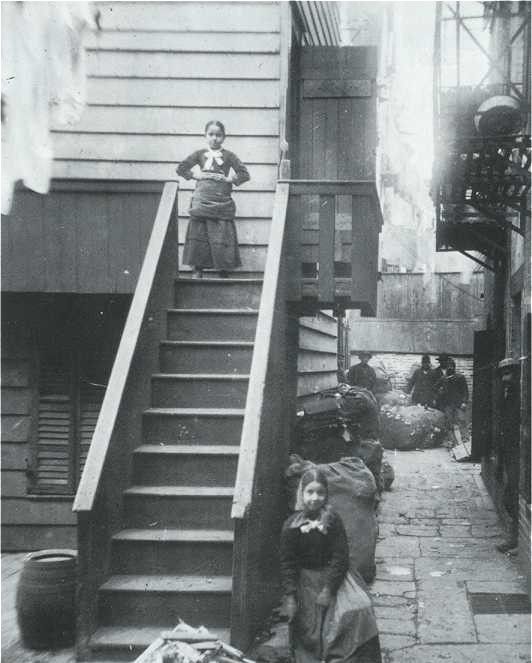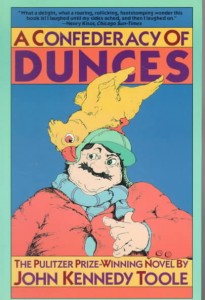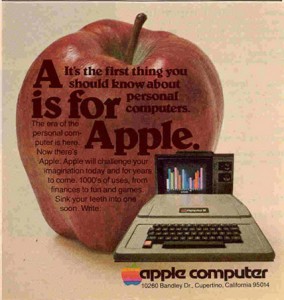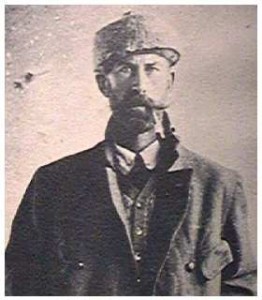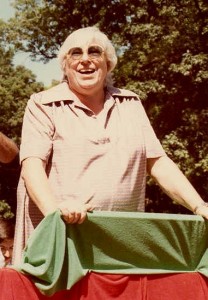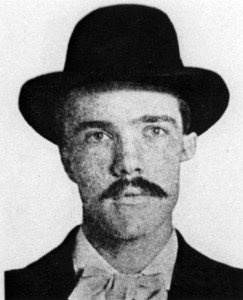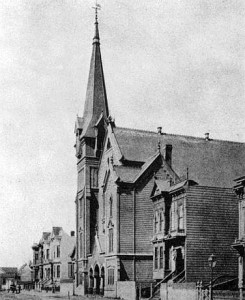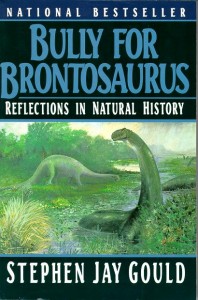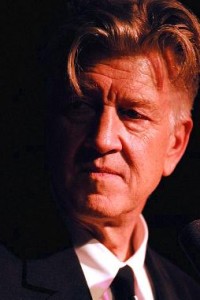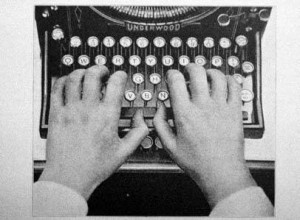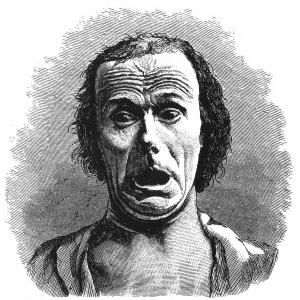
"Over 38 more years of misery was on the horizon."
MY LIFE STORY- CHAPTER ONE
(CHAPTER 1- THE EARLY YEARS – (Title subject to change)
On April 22, 1954, my mother, at Doctors Hospital in Brooklyn New York gave birth to a bouncing 7 pound 15 ounce boy who she named Steve. It was a joyous day for her and her husband Sidney. However, the only party who wasn’t thrilled by the birth was Steve himself. What right does anyone have to put someone on this earth without their permission? I never asked to be conceived and I regret that I was ever born. Little Steven Jay, as innocent as can be when he was born, without a trouble in the world, would grew up to have a life which you wouldn’t wish on anybody. Why even be born if you are going to face such a life? All babies when born are the parents’ little gifts. I never really understood what was so wonderful about this concept of having a child. It means at least 18 years of your life to raise them. You have to sacrifice your life for the sake of a child. My parents met when my mother spilled some coffee on herself in a restaurant and my father came to her rescue. At least that is what I was told. It figures that they would meet like this. Maybe this is the reason I have grown up to like coffee so much.
Considering the circumstances that have occurred in my life I should hate coffee because that is the reason I was conceived in the first place. If they never met, I would not have had to endure this miserable life. If my father’s sperm decided not to meet my mother’s egg, I wouldn’t be here right now telling you this story. Since there was nothing i could do about being born as I couldn’t go back into the womb and undo myself, I guess I had to become a part of on this Earth, like it or not.
My childhood years are very vague to me. For whatever reason my memory fails me regarding the details of my early years. I have much more recollection of my years following high school. However I do remember certain things about how i grew up and how my life evolved up until when I
was 18 years old. None of it was very promising and was only an indication of how the rest of my life would go.
I grew up in Boro Park, Brooklyn which was a middle class neighborhood in which Hasidic Jews were the majority of the population. I never did understand anything about religion nor did I care. Fortunately for me, my parents while they observed the Jewish religion were not deeply religious so they did not follow all the customs of many of those in the neighborhood. Boy am I glad that my father didnt wear curls, a yarmulke on his head and a stupid looking black hat. If I was ever brought up as a Hasidic Jew that would be the 2nd thing that was forced on me in my life, the first being put on this Earth in the first place.
As has been the case most of my life I have never had many friends. This all started right from the beginning. I went to Public School 131 and I remember some of the times there and some of the teachers and classmates that I liked. I will never forget little Susan, my first love in first grade. She was so cute. I look at my old class picture and see that I was sitting next to her and there is another picture with me holding her hand in a dance. To this day I always wonder whatever happened to her but have been unable to locate her on any social networks, etc. She is the closest thing I ever had through high school that you could call a “crush”. I also liked a girl named Karma but Susan was my favorite. I didn’t really have much interest in girls. I guess I was too busy studying and getting good grades. I was always one of the smart kids in the class and the one that was picked on. I guess elementary school was OK for me except some incidents that were embarrassing. The fact is that I was a quiet kid and was afraid to raise my hand for anything until later on, perhaps starting in junior high school.
I was always afraid to draw attention to myself . I had a few instances in which I didn’t tell my teacher that I had to go to the bathroom and “wet my pants”. Sometimes there was no “puddle” on the floor so I thought nobody knew that I did it but of course you have those with sensitive noses and they could smell it. They made fun of me for pissing in my pants. It was truly embarrassing to me. I don’t remember what happened when I got home or if they even called my mother to let her know what I had done. I guess they would have had to let her know. I couldn’t continue my day in school with pissed up pants. I know she would have given me a whipping or screamed at me. This didn’t only happen at school as I also was a “bedwetter”. When I had my own room and my own bed, I used to piss it up every once in awhile and I hoped that my mother didn’t find out before she would probably stuff the sheet near my nose for me to smell it. I used to run a fan near the wet spot and get a wet rag to try to get the smell out. While Im sure she knew I did it, she didn’t come down on me for it. Once again this must have been a sign of things to come as in my later life I would also have such problems.
While I don’t remember too much about the relationship with my mother I do know that she used to get on my case about things such as my hygiene, sitting in the house by myself and not having friends, among other things. She was more partial to my older sister, Francine, who was 2 years older. My mother was the dominant parent and my father very passive, sometimes you didn’t even know he was there. He went to work every day and my mother took care of the other things. Things started in my childhood regarding the laziness I would have my entire life in taking care of myself. I never liked to take baths and whenever my mother told me to take one, I ran the water and made believe I was doing so. This would be the beginning of bad hygiene that I would have for my entire life to this day which caused many more problems down the road as I got older and started dealing with women, etc. Usually when a child says bad words or curses, the mother threatens to wash their mouths out with soap. My mother threatened to do that if I didn’t take a bath. Even with those threats which she never acted on anyway, I didn’t bathe. What does soap taste like anyway? Maybe they should make it in flavors.
My life went pretty normally through elementary school and onto junior high. The highlights of my childhood were buying chocolate egg creams at the local candy store as they called them in those days, buying penny candy, and a nickel for a pickle from a barrel. Also I do recall the days of stoop ball, stickball, flipping baseball cards and playing with bottle caps. Also, 12 cent comic books and 5 cent newspapers. I admit to a few crimes in my childhood. One occurred one day when in a candy store it just seemed so easy- I had bought a newspaper and I wanted some comic books but had no more money. Wow- the guy in the store wasn’t looking so I thought it would be easy to just stuff some comic books in the newspaper and walk out of the store. I did it and wasn’t caught. I feel guilty to this day about stealing but as it turns out that wasn’t the last of my criminal life. These were things that we wish we could have now. Life was great at least for the moment anyway. I had one close friend named Joel. We were the smart ones from the class. We hung out a lot and I stayed over his house several times, probably the only times I slept over anywhere in my life. He later disappeared never to be found again.
It was about the time that I was 12 years old and moving towards 13 and had to worry about my Bar Mitzvah. I was hardly your typical Jewish boy. I had no interest in the religion but my parents made me go to Hebrew school and have my bar mitzvah. I was miserable going to that school, and eventually dropped out. I had no interest in drawing and reading those weird Jewish symbols that remind me of Chinese. How Jewish people read that I haven’t a clue. I guess I must’ve been able to in order to read my speech at my ceremony. Private Bar Mitzvah lessons were arranged for me. I didn’t even have a clue as to what it meant to have this done except supposedly when you turn 13 and do it, you become a man , whatever that means. The age of 13 sounds way too young to me to be a man anyway. Well that was the end of it for me. I had the ceremony, I was supposedly a man and that would be the last time in my life I had anything to do with the Jewish religion. I wore a white yarmulke and wore all the religious attire. I was glad to get that nonsense over with.
Things went relatively well in Junior High school which I loved because I lived right around the corner from the school and could come home for lunch and watch some great TV in those days, the original Jeopardy and the Who, What or Where Game and a sandwich waiting for me in the refrigerator. That was the life. If only life was so simple later on. While I didn’t have many friends in Junior High as is the norm, I did like some of my teachers and it was pleasant to go to school. I got my best grades there. I was always a good student but I excelled in 7th to 8th grade. I loved Math and Spelling. I was terrible in gym. The only reason I passed was showing up and being in uniform. I was never the athletic type and always tried to hide from doing any activities. The other kids made fun of me because I ran slower than others and couldn’t do anything. That’s ok as I was used to being harassed. At one time I almost made it to the city Spelling Bee finals. I was so excited but then was eliminated because I couldn’t spell such a simple word as “bouquet”. This was one of the few times in my life I showed any emotion. I am basically an emotionless person and have shed few years. Perhaps when I was a young child I cried but I don’t even remember those days. They pronounced the word as if it was spelled “boquet” and that’s how I spelled it. I was so disappointed. I was ready to go to Madison Square Garden for the Finals . If I had continued the next word which would have been mine I would have spelled correctly. I remember my mother was there. I hardly remember my father doing anything at all until later on. I guess he was at work but he never got involved with much.
I had a lousy family life. While I had a sister, it doesn’t seem as though we had a close relationship either and that would continue in the future as other things broke us apart. The only family events really were on Sundays when we went to my grandmother’s and an aunt , uncle and cousin came by as well. It was almost a regular thing. However, that was pretty much the extent of it. We weren’t a close knit family. I really didn’t like my mother because she always yelled at me and favored my sister. I was closer with my father but only remember such things as sitting down to breakfast with him when he started me out early with coffee which I drank from this tall “coffee glass”. I also remember he wore almost the same clothes to work every day and wondered why he never bought any other colors but boring brown.
Things started to go on the downhill for me after I graduated Junior High. While most of those classmates that I went there with went to one high school I had to go to another because I lived on the other side of the border so basically I was going to a high school where there would be nobody that I knew and that only led to problems later on. I was very unhappy there and my grades suffered. I still go decent grades but wasn’t making any Honor Rolls or Arista groups. I got more and more disenchanted and it reached a head in my last year at Lafayette High School. It was 1972 and my mother had contracted stomach cancer. It was a very depressing time at home with all the pain and screaming that my mother was going through and the fact that she was fussing with my father because she was sick. At the time I really didn’t understand how sick she was. I was 17 years old then and really didn’t have an understanding of cancer and how some of those diseases were fatal. I had no idea how seriously ill she was. She had surgery and it seemed as though they had taken it all out but the reality was that the cancer returned and it was worse than ever. She was absolutely screaming in agony.
During this time I was also going through being harassed at school by some creeps in my class. They were calling me names and getting on my case because of my hygiene issues. I wasn’t the cleanest kid in the world and didn’t use deodorant, didn’t brush my teeth , etc. They tortured me all the time calling me such names as “Fleas”. I just couldn’t take it anymore. I had reached the end of my rope with going to school and being harassed each and every day by these little punks, especially Anthony a nerdy looking piece of garbage with thick glasses. I wanted to break those glasses so bad, he was so annoying.
Finally around March I stopped going to school. I just couldn’t take it anymore. I don’t really remember the exact circumstances of what went on with the school. What I did was to leave for school as I normally would. However, instead of going there, I would jump on a train and basically ride the subways all day long until it was time for me to come home. I loved the subways at that time and always dreamed that one day I could ride every single train and go through every single subway stop in the system like some others had done. However, that plan was derailed because I got scared of riding trains in bad neighborhoods. It pretty much went on a good 6 to 8 weeks before anyone at the school contacted my parents to let them know that I had been absent for an extended period. I don’t have a clue what took them so long. I was thinking that I would never graduate because I missed so much time.
My father finally did something because my mother was ill and couldn’t act on it but I believe she knew about it. It was arranged that I would have a tutor come to my house and I would complete my school year this way. I would also end up taking my finals and Regents exams at home. Sometime in this period while I was being tutored, my mother passed away from the malignant tumor in her stomach. I know this is very hard to say but it was a relief that she passed away because she was suffering way too much and now finally she would have peace. Very strangely when the funeral was held, I did not get emotional. I did not cry. I really cannot explain it but somehow it seemed as though I was happy that my mother was gone. Terrible thing to say but true. We just did not get along. As it turned out, in the future, my life would have been totally different if my mother survived. I never would have been able to do the things I did or be involved with the people in my life. My mother was a racist and never would have let me deal with black people. Little did she know what was to occur in my life. She is probably spinning in her grave if you believe in such things. My life continued on after her death in a way that she would never approve of. My father, being the passive parent he is didn’t seem to care and I basically did what I wanted to do.
After high school, I was so fed up with being harassed, etc, I figured I’d never move on to college as there was no way that I could picture myself being on a college campus with all those students and be able to deal with them. I really didn’t know what to do with myself. Finally what I decided to do in the fall of 1972 was to attend a vocational school for which I had seen an advertisement for. It offered a course in computer programming and upon completion you would receive job placement assistance. It all sounded good as an alternative to college and I might even be able to get a job when I was finished. The course was less than a year. I completed it in 8 months and got my certificate. There was something weird about the school as, even though we learned a lot of the programming skills we never actually worked hands on with a real computer. Yes we were tested on computer languages, flow charts, etc, and I passed the course but upon graduation, what exactly was it going to get me? Twenty four hundred dollars down the drain. My father paid for the course. There was no student loan. As far as the job placement service went, it was all a scam. They never did really send you out to a job that you were qualified for. You were instructed to put down a false company name and address as job experience using the schools telephone number and they would act as your prior employer. What the school failed to tell you was that along with the course, you also needed a college degree, which I did not have. I was extremely upset and wanted to sue the school but my father didn’t want to go through that process. It was a rip-off. That was the era of the vocational school scams . Unfortunately I was caught up in it.
If I thought I was lost before when I got out of high school and didn’t know what to do, now I was really lost without a hint as to where to turn now. I was out of options and in my mind out of luck. My life seemed hopeless, a familiar feeling that would continue for as long as live. This brought me to the next segment of my life in which things got even more complicated. At this point I had only a high school education ,a useless vocational school certificate, no friends to speak of and little hope. One thing I still had was my virginity, however, but that would change as well. This was the spring of 1973. Over 38 more years of misery was on the horizon.

